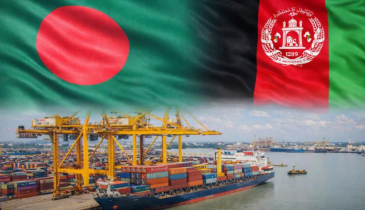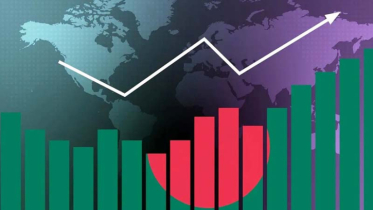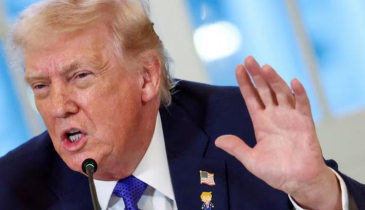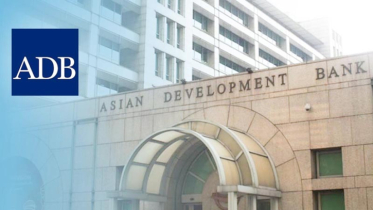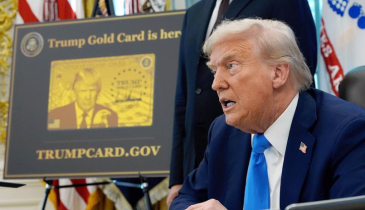Trump's proposed remittance tax plan poses threat to Bangladesh
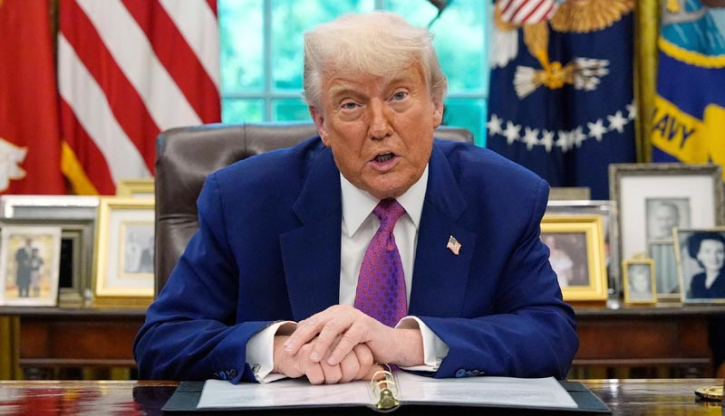
The US House Budget Committee voted late on Sunday to move forward with President Donald Trump's 'One Big Beautiful Bill Act', a proposal that could make sending money back home more expensive for three lakh Bangladeshis currently living in the United States.
The legislation seeks to impose a 5 percent tax on all outbound money transfers by individuals who are not US citizens—this includes green card holders and those with temporary visas such as H-1B.
Between January and March of this year, the United States emerged as the largest source of remittance for Bangladesh, contributing over 18 percent of the country’s total inflow. During the first nine months of the 2024–25 fiscal year, remittances from the US totaled 3.94 billion dollar, according to Bangladesh Bank data.
Under the proposed law, the 5 percent tax would be automatically deducted at the time of transfer, without any exemptions for smaller amounts—placing a burden on both large and modest remittances alike.
The estimated 300,000 Bangladeshis living in the US could feel significant financial pressure if this tax is implemented. Other major remittance-receiving countries, such as India and various Latin American nations, could also be adversely affected.
Dr. Mohammad Abdur Razzaque, economist and chairman of the Dhaka-based think tank RAPID (Research and Policy Integration for Development), warned that such a tax might drive migrants to use informal money transfer methods like hundi, which often offer more favorable rates.
“This policy could particularly hurt low-income migrants,” he explained. “Though the measure is being introduced by another country, its implications for our economy are serious. The US remains Bangladesh’s top remittance source, so this development is worrisome.”
.png)



